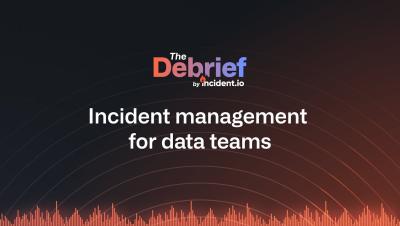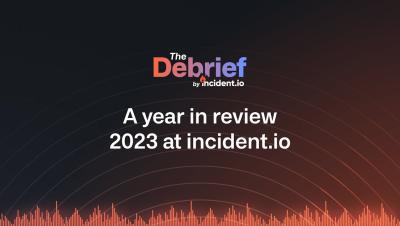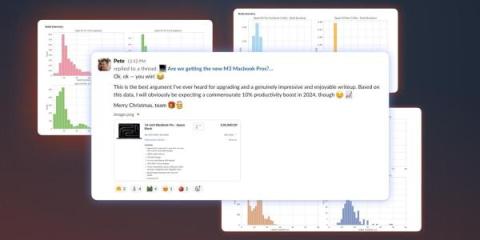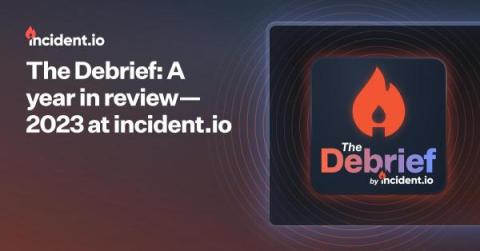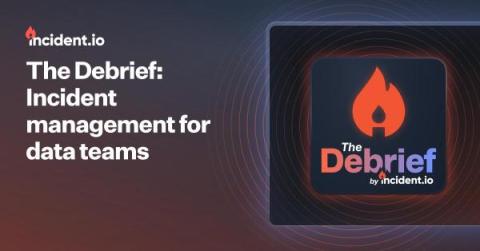Reflecting on a momentous 2023 at incident.io
2023 at incident.io was a year to remember. While it's easy to be cyclical about proclaiming that every year was better than the last, a few things stand out that made 2023 truly a year for the books. TL;DR, a lot happened! Especially when you consider that a lot of things didn't make the list above. So as we turn the page to 2024, we wanted to take a moment to reflect on the transformative year that was 2023, not only for us but our customers as well.



